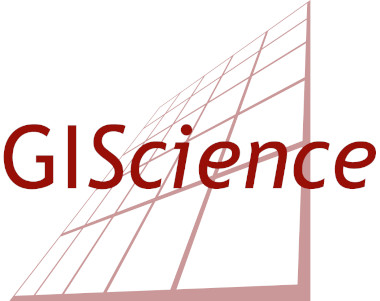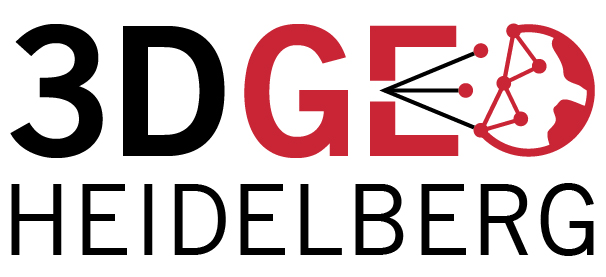The risk of exposure to heat and fine particel matter on human health has gained significant media coverage recently. The so called dieselgate and the ban of driving for older diesel vehicles in several German cities have renewed attention to the health risk of fine particle matter – for which traffic is a major emission source. While currently raising temperatures and sunny weahter are mainly preceived as a source of joy the last years have seen discussions about the health related effects of heat exposure especially for elderly.
A current study – that has been prepared under involvement of GIScience/HeiGIT member Sven Lautenbach – has investigated effects of both heat and fine particle matter (PM10) in Germany. The study followed an ecological approach and used a case-cross over design. The study period included the years 2002-2006. The relationship between the stressors and mortality was modelled both at the level of the federal state of Germany as well as at the level of 439 administrative units (kreisfreie Städte, Landkreise, Kreise, Stadtkreise,
Stadtverbände, Regionalverband Saarbrücken). The analysis was performed based on a logistic regression model that modelled the risk of mortality given the presence of heat (days with a heat-stress-index of more than 26.7°C) induced stress compared to days without that stress. For days with heat exposure the additional effect of PM10 was considered. Effects were controlled for sex and age – other control variables such as the day of the year or population density had no significant effect on the response in the study.
Resuts indicated significant effects of heat exposure (adjusted odds-ratio: 1.07) and PM10 (adjusted odds-ratio: 1.01). Risk of mortaility due to heat exposure and PM10 exposure did not differ significantly by sex. Interestingly, the analysis at the level of the federal state of Germany did not find a significant effect of age on the increase of risk due to the stressors. Put differently: the observed increase of mortality by heat and PM10 effected all age classes in a similar way. The analysis at the level of the 439 administrative units showed that risk varied significantly in space – highlighting the importance of follow-up studies that investigate the role of moderating factors.
Georgy, Sascha, Sven Lautenbach, Heiko J. Jahn, Lutz Katzschner, und Alexander Krämer. „Erfassung von hitze- und feinstaubbedingten Gesundheitsrisiken in Deutschland: Ein epidemiologischer Studienansatz“. Bundesgesundheitsblatt – Gesundheitsforschung – Gesundheitsschutz, 20. Mai 2019. https://doi.org/10.1007/s00103-019-02960-8.


